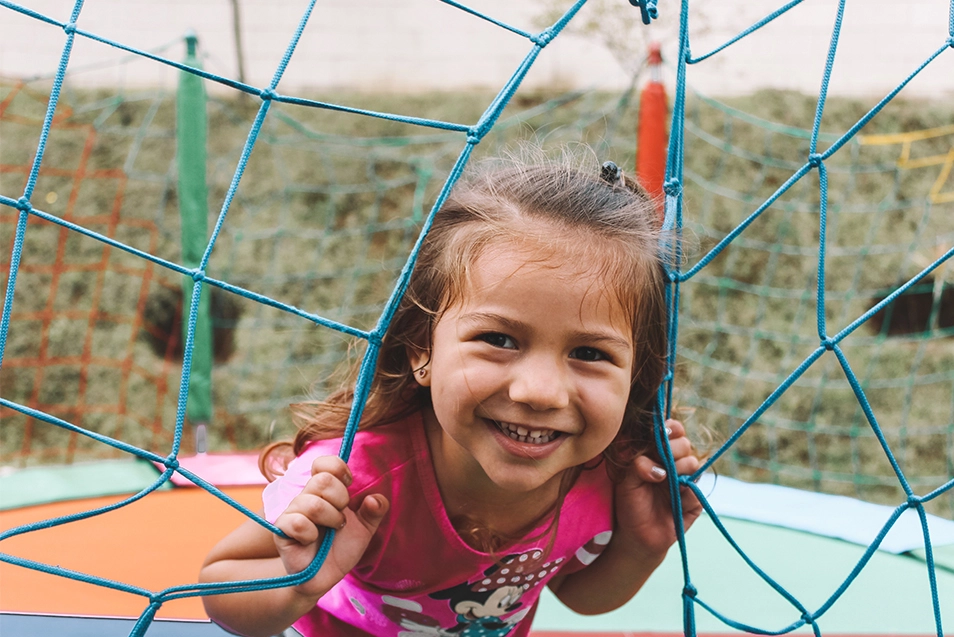The COVID-19 pandemic has put a spotlight on children’s mental health. More parents, and the general public, are getting an up-close view of the mental health challenges faced by children and teenagers — and are searching for answers. In this blog post, we’ll look at children’s mental health in Jackson County, risk factors that can impact mental health, and signs a child may be struggling with their mental health.
Defining Youth Mental Health
According to the Mayo Clinic, mental health is “the overall wellness of how you think, regulate your feelings, and behave.” When there are changes or patterns in how you think, feel or behave, this can cause distress or negatively impact your ability to function. This, in turn, can result in a mental health disorder.
Mental health disorders in children are defined as delays or disruptions in the development of “age-appropriate thinking, behaviors, social skills or regulation of emotions.” Not surprisingly, these kinds of problems make it hard to function well in school, at home, or in social situations.
Why Do Some Children and Adolescents Struggle with Mental Health Issues?
Mental illnesses don’t have a single cause. While some young people may have a genetic predisposition or an imbalance in the natural body and brain chemicals, there are many other risk factors for poor mental health in kids and teenagers.
The World Health Organization outlines a number of social determinants of mental health. They include economic circumstances, physical environment, community cohesiveness, access to healthy food, and exposure to crime and/or violence. These factors make kids more vulnerable to mental disorders. In essence, where you live matters.
Mental Health in Jackson County Kids
In Jackson County, MO, our kids are facing several of these social determinants. According to 2019 findings by the Community Mental Health Fund, youth in Jackson County have a higher exposure to social determinants than youth in the state as a whole.
- 60% qualify for free/reduced lunch
- 42% live in single-parent homes
- 5% are homeless
- At least 25% of students live below the poverty level
- More than half of the zip codes in the Blue Springs, Center, Hickman Mills, Kansas City, Lee’s Summit, and Raytown district catchment areas have high violent crime counts.
In 2019, the Community Mental Health Fund served 3,664 Jackson County young people ages 1 to 18. In 2020, 2,286 Jackson County kids needed clinical psychiatric services.
Signs of Children May Be Struggling with Mental Health
Just as there’s no one cause of mental health issues, there’s no one thing that clearly indicates there are issues. It’s helpful to break things down into categories: emotional signs, behavioral signs, and physical signs.
Emotional Signs of Mental Health Issues in Children
Big changes can trigger mental health issues in kids, especially those who are already more vulnerable. Emotional clues to look for include:
- Expressing more sadness, anger or fear
- Increased moodiness or agitation
- Crying more than usual
- Persistent sadness, for two or more weeks
- Excessive worry
- Appearing more bored than usual
- Talking about morbid topics, including death or suicide
Behavioral Signs of Mental Health Issues in Children
Changes in behavior can indicate a child’s mental health is suffering. In a survey by Benenden Health, for example, 41% of parents said the pandemic has had a negative effect on their children’s behavior, with misbehaving being the biggest issue. Other behavioral signs include:
- Losing interest in friends or activities they normally enjoy
- Increased aggression, especially if it manifests in regular, unprompted outbursts
- Being reluctant to talk
- Problems with concentration, memory, or ability to think clearly
- Young children becoming more clingy
- Adolescents becoming more withdrawn
- Changes in academic performance
Physical Signs of Mental Health Issues in Children
Because the mind, body and spirit are interconnected, there may be physical changes in a child that are really indicators of poor mental health.
- Disrupted sleep patterns
- Changes in appetite
- Frequent headaches or stomach aches
- Rapid weight loss
- Teeth grinding
- Loss of hair
- Self-harm
- Increased incidences of bed wetting for younger children
How We Support Children’s Mental Health
It takes a combined effort from parents, caregivers, and medical providers to help children and teenagers struggling with their mental health. If you see the warning signs in your child or a child you know, the time to come together and address them is now.
But not everyone has affordable access to counselors, therapists or clinical psychiatric care. That’s why Children’s Service Fund supports a wide range of services across Jackson County.
We fund programs that:
- Put counselors in local schools
- Offer comprehensive outpatient psychiatric treatment
- Provide therapy and mental health screenings
- Respond to mental health crises
- Offer in-home behavioral health interventions
- Provide safe shelters
- Help kids develop emotional and coping skills they need to prevent mental health issues
Check out our latest Annual Report to see how we invest our tax-funded dollars in the mental well-being of Jackson County kids.
Sources:

